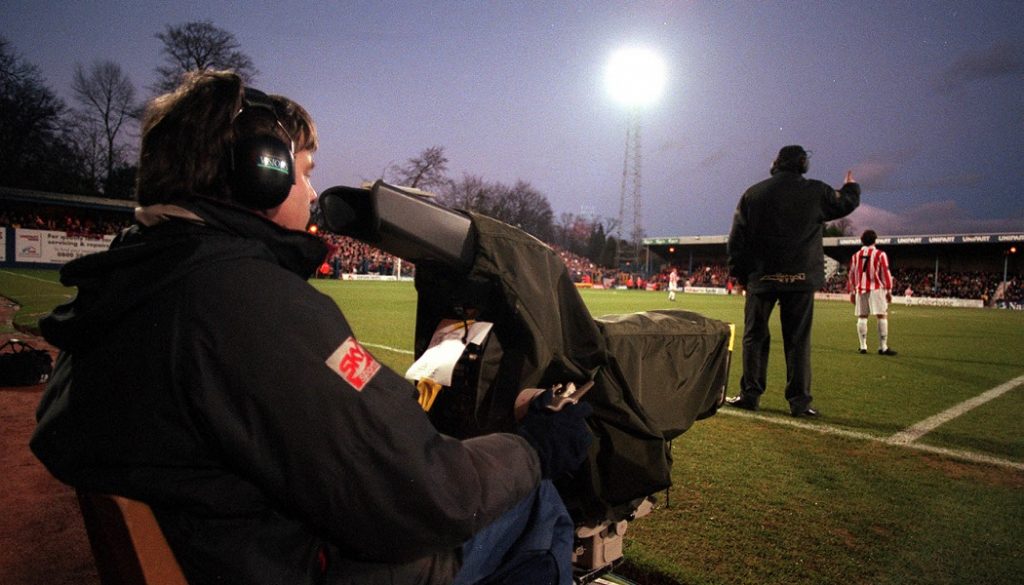Nothing is sacred in digital era as sports media rights assume new mantle
August 11, 2017
1997 saw the start of Sky’s £670 ($870) million Premier League broadcast deal, underscoring the role of media rights as the life-blood and commercial driver of the sports industry.
But the ways to experience live sporting action were limited and dominated by television, either free terrestrial or pay. Mobile telephones were common but still basic – the emblematic 2G devices of the time (typically Nokia or Motorola) could give you scores on the go, but the idea of providing moving images was still a pipe dream.
The internet, fixed at that time with wireless telephony still in development, could provide fixed images but not yet reliable live streamed sporting action.
Fast forward to the present day and, of course, the landscape for sports media rights is dramatically different. In particular, the options for consuming sport have been multiplied beyond recognition by Wi-Fi and smartphone technology, ushering in a wave of new digital channels as an alternative to the dominant distributors of the past.

The consequences have been profound, and not always positive. The digital revolution has made live sports streaming vulnerable to piracy, especially by the young. Shocking research from earlier this year suggested that more than half of people aged 18-24 in the UK watch illegal streams of live sports.
The Empire is striking back – and the Premier League is making legal breakthroughs in cracking down on piracy – but this problem is no more likely to disappear from sport than it is from the music or film industries. The era of ever-increasing media valuations may well be over, putting more pressure on rights holders to drive other revenue streams such as those in-stadia.
The digital era has also shortened attention spans. This is forcing innovation, favouring sports whose content can be broken up into the bite-size chunks that millennials (and others) crave, and leading to profound changes in the format of sports.
READ MORE: EA Sports partners with EFL to become first sponsor of new streaming service iFollow
It’s 2-2 against Chelsea.
90 minutes on the clock.@stokecity need a hero.Up steps Oussama Assaidi #GoalOfTheDay pic.twitter.com/juRy9ZlqUe
— Premier League (@premierleague) August 10, 2017
Nothing is sacred – even the length of football halves could be reviewed if this creates a better media product for the new generation.
Whilst many decry this disruption, I see reasons to be positive. Sport still generates the most compelling of content and, I believe, has huge scope to continue to evolve and create new consumer experiences.
Market entrants such as Facebook, Amazon and Google will bring fresh ideas in the packaging and presenting of sport. I was first made aware of the potential of augmented reality at a now-legendary IOC conference in 2000, but this potential has not yet been realised.
READ MORE: Facebook’s new ‘Watch’ platform set to feature live sports section

Augmented reality and virtual reality could both revolutionise how we experience sport in ways we can only guess at.
It’s been an incredible 20 years of change in the way we consume sports media. The next 20 promise to be just as ground-breaking and, for those who see tech as more than just a threat, every bit as rewarding.
Do you want to contribute to iSportconnect? Click here to get in touch!


